Belem, Brazil, Nov 19 (V7N) – As COP30 climate talks convene in Belem, Brazil, smallholder farmers and climate experts are urging world leaders to take decisive action to help vulnerable communities adapt to increasing climate extremes.
Thales Bevilacqua Mendonca, 35, a farmer from Parana state, described the region’s worsening weather: hotter summers, colder winters, and frequent droughts. A tornado on Nov. 7 in Rio Bonito do Iguacu killed six people, underlining the growing vulnerability of rural populations to extreme weather events.
Representing INOFO, an international network supporting organic farmers, Bevilacqua Mendonca called for greater financial support for small-scale farmers to access knowledge, early-warning systems, and climate-resilient technologies. “Smallholder farmers produce more than half of the world’s calories but receive less than 1% of the funds needed to adapt,” he said.
The United Nations’ Adaptation Gap report highlights the global financing challenge: developing countries require $310 billion to $365 billion annually to cope with climate impacts, but only $26 billion is currently provided. COP30 negotiators are working to establish 100 universal indicators to monitor adaptation progress, identify the most vulnerable populations, and guide the allocation of funds.
Experts stress that adaptation finance must be strategic and effective. Anne Rasmussen, acting chair of the Alliance of Small Island States, warned that repeated climate disasters, such as Hurricane Melissa, continue to set countries back decades. Research by the World Resources Institute shows that each $1 invested in adaptation could yield more than $10 in economic, social, and environmental benefits.
Despite consensus on the need for action, divisions are emerging among nations. Some countries worry that linking adaptation finance to performance indicators could create barriers, while others want financial support to implement and report on the indicators. Advocates stress avoiding systems that reinforce inequality or fund ineffective projects.
Bevilacqua Mendonca practices agroforestry, combining trees and crops to improve soil health, increase resilience, and reduce emissions. He emphasized that unlike industrial farms, smallholders face immediate threats to livelihoods and food security from climate shocks. “For us, adaptation is not optional. It is a matter of survival,” he said.
COP30 discussions are now focusing on how leaders can provide targeted adaptation funding, develop actionable resilience strategies, and strengthen global food security. Experts warn that timely decisions are essential to prevent worsening climate crises for vulnerable communities worldwide.
END/WD/SMA/



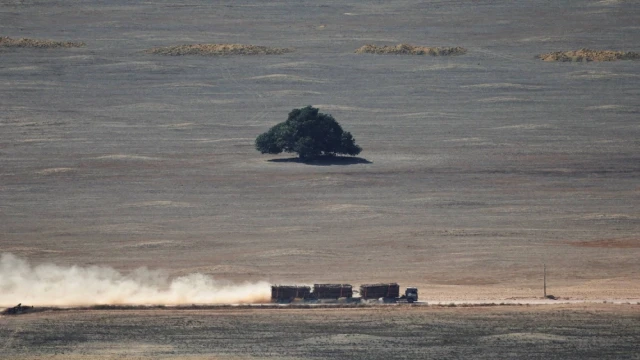
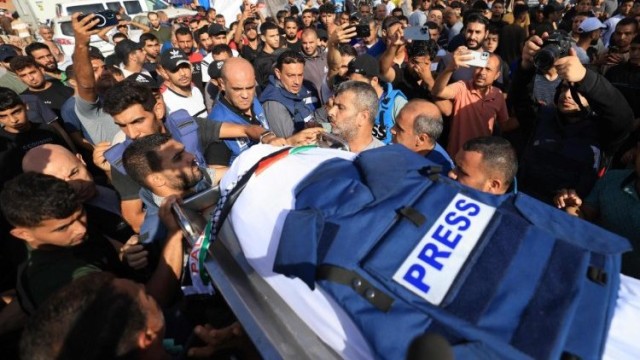

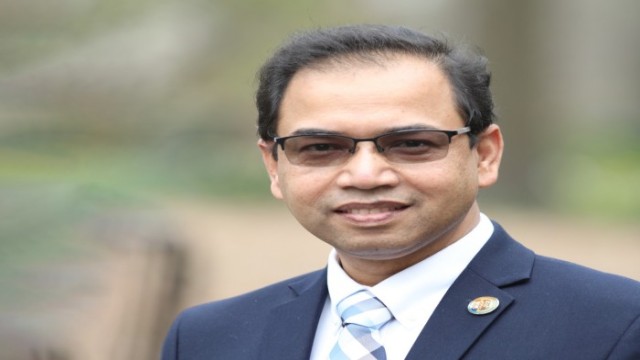
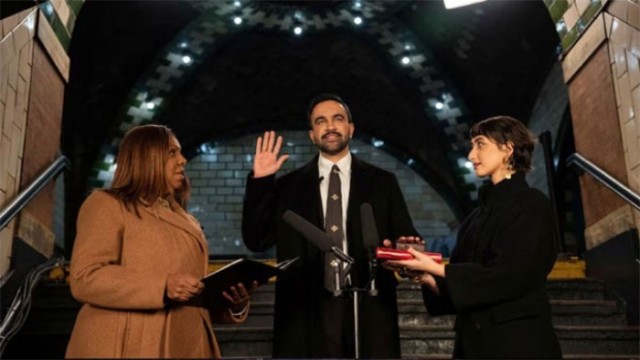

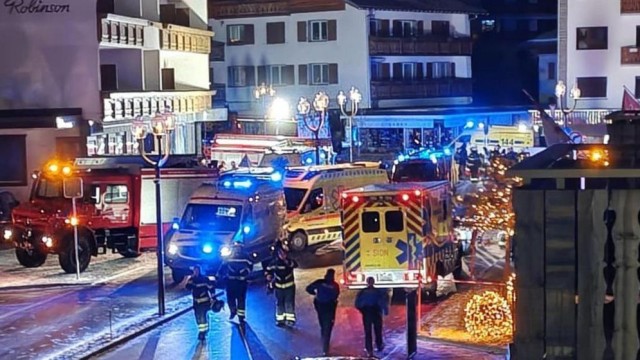

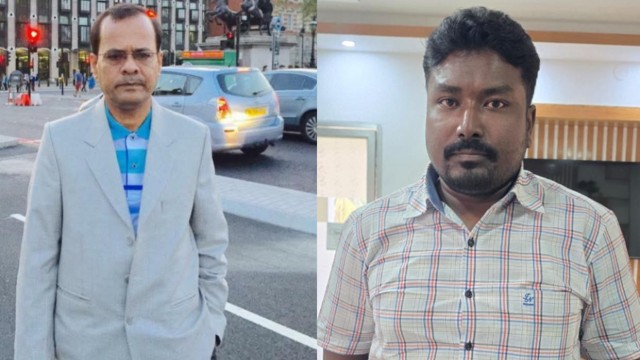
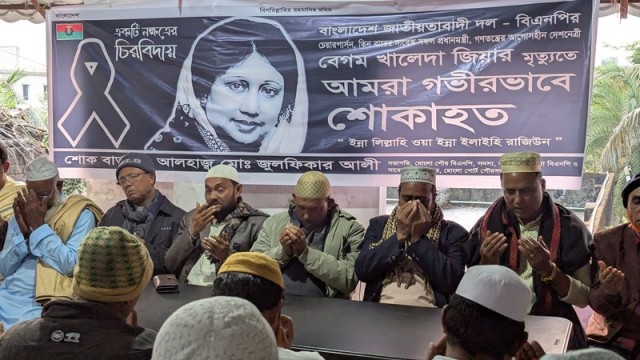
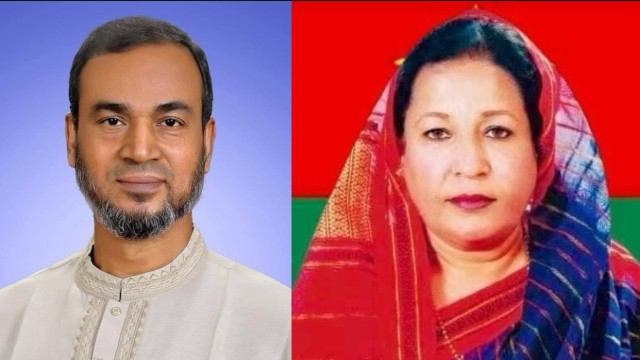
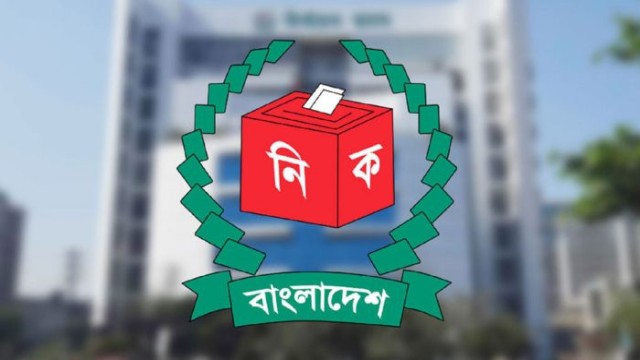
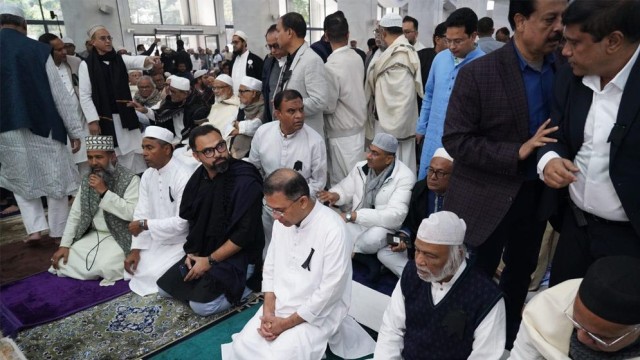
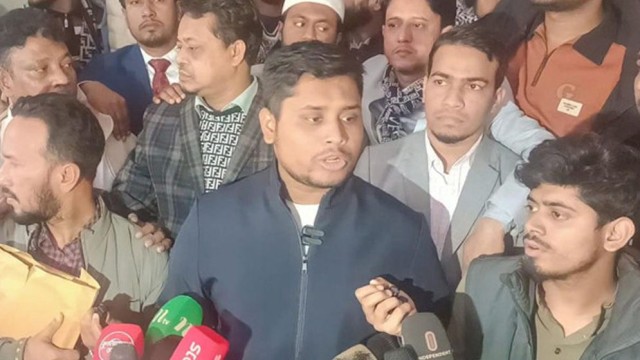

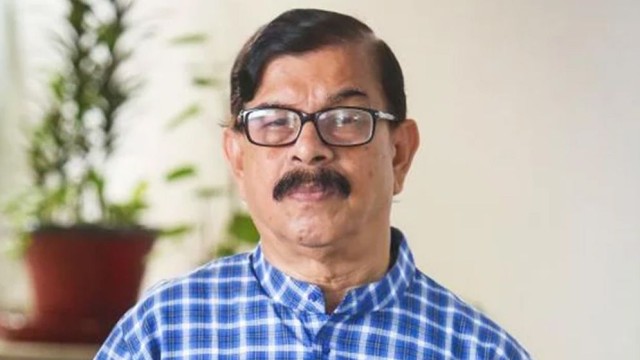
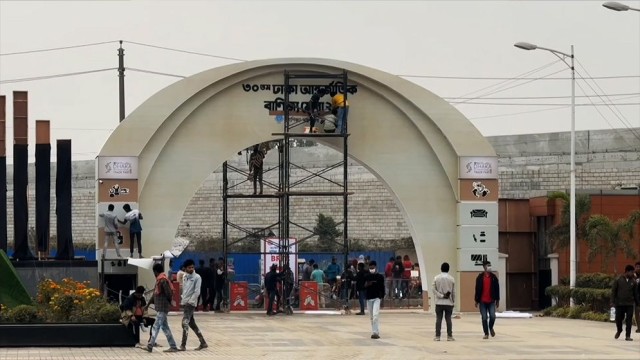

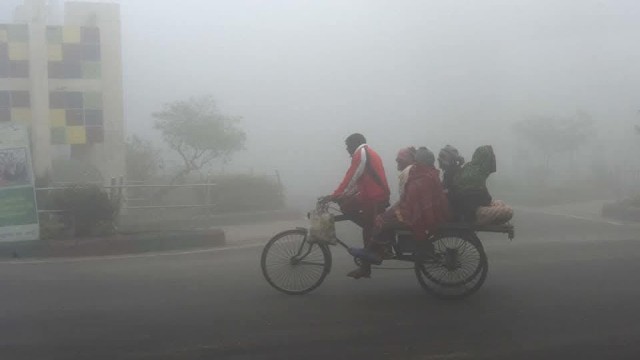
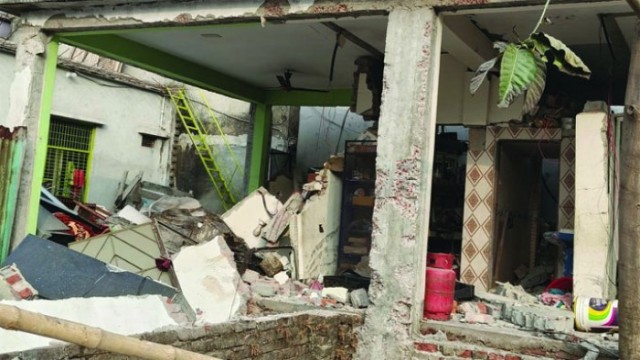
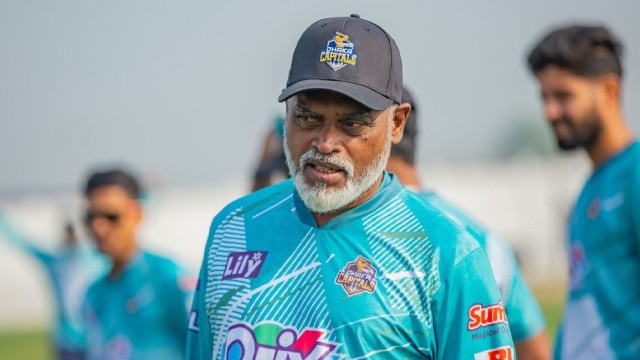
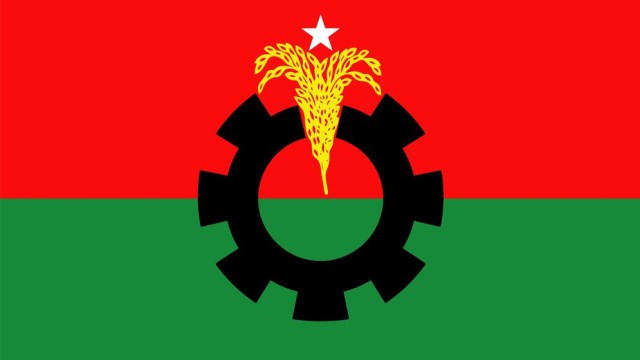
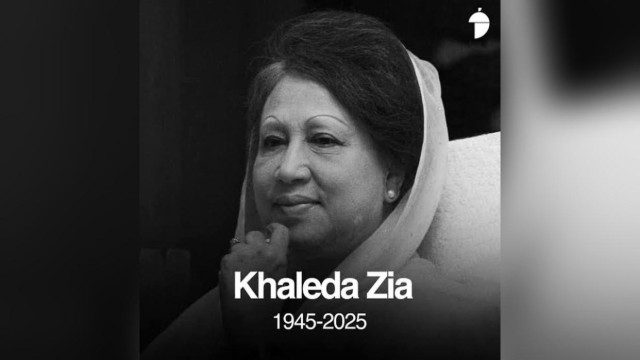
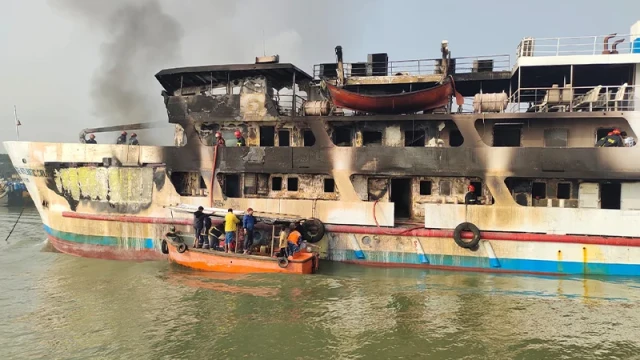
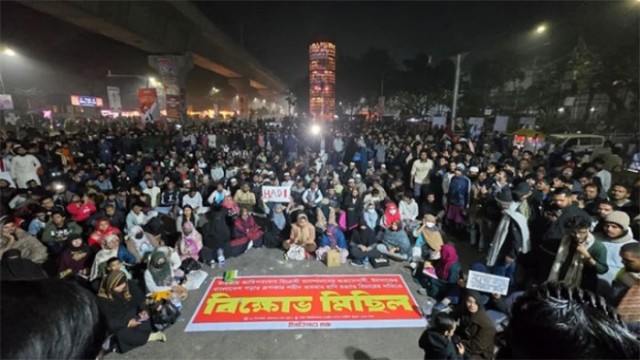

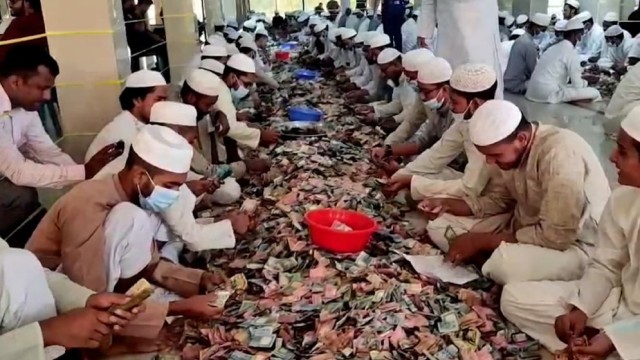
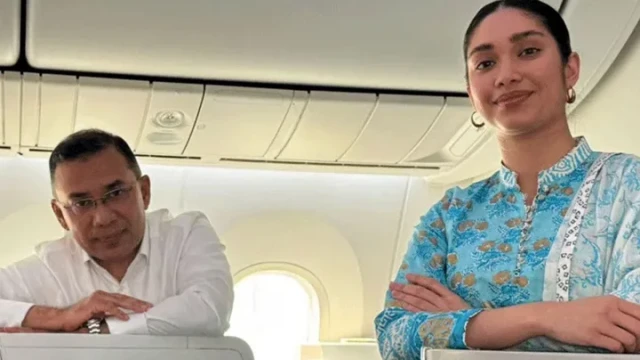
Comment: